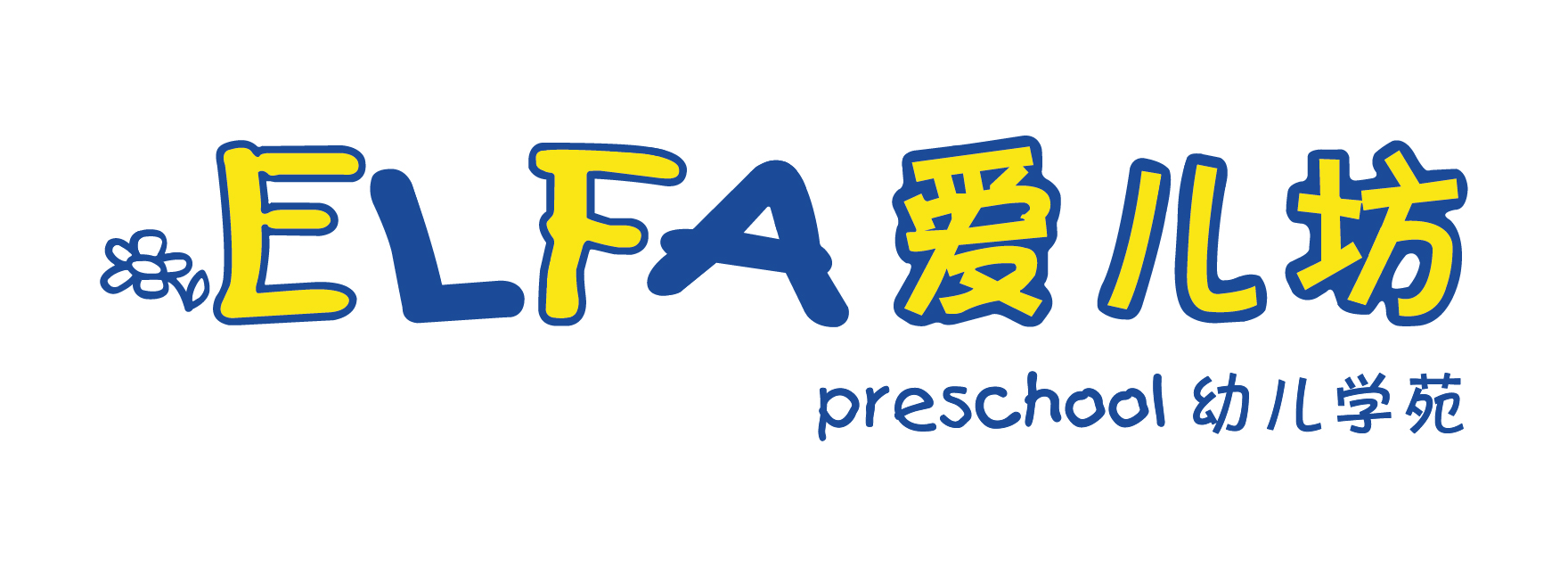One of the greatest joys of being a parent is watching our children grow up healthy and strong. At the same time, it can be worrisome if you think your little ones are not progressing like their friends. You may be asking yourself: Is my child behind in development? What should I do if I think my child has a delay in their development?
Understanding childhood developmental milestones can ease your concerns and help you know what to look out for. Dr Katrina Heng, our paediatric doctor, shares more about childhood developmental milestones, and how you can support your child’s growth.

Nurturing today for a brighter tomorrow: Learn how to support your child’s developmental milestones with our doctor’s insights
Four Main Domains of Development in Children
First, it is good to understand how your child’s developmental milestones are classified. “There are generally four domains of development,” says Dr Katrina. These are:
- Social-Personal Interaction: How your child interacts and plays with those around them, such as you, family members, and friends
- Physical-Gross Motor: Their physical abilities that involve larger physical movements, such as crawling and walking
- Hearing, Speech and Language: Their ability to understand and communicate through spoken, written or “action” language
- Fine Motor and Vision: “The ability to make fine movements with their hands and wrists, such as clapping and writing.” It starts with vision when your child is younger, which then progresses to fine motor skills.
These four domains are brought together by cognition — the ability to think and reason, tying all these skills together.
Every Child Progresses at Their Own Pace.
As parents, you are likely familiar with the Health Booklet given to you at your child’s birth. In this booklet, your child’s developmental milestones are listed in order of their age. “These developmental milestones are established in the local context. Generally, half of the children at that age will exhibit that specific skill,” says Dr Katrina.
“There are many factors that may influence your child’s progress. For example, the community they are surrounded by and the setting that they’re growing up in,” shares Dr Katrina. “You, as their parents, also have an impact on their development, as they pick up behavioural cues and your values as they learn and grow. Of course, your little one’s temperament and character influence their own growth too.”
Recognising the factors that may influence your child’s development is important. It helps us to identify how else we can support your little one’s growth. “Every child develops at their own pace, so give them space to grow and learn as well!”
Language is Important — And Music Plays a Role.
While all domains of development are important, language comprehension can provide early insights on your child’s growth and development. “Even if your little friend can’t speak yet, you can see if they understand language by looking at how they react to what you say. For example, looking at their father when you say ‘Papa’ or ‘Daddy’, or turning their attention to your voice when you’re out of their sight.”
Developing language skills is vital because it enables your child to express themselves. “Developmental delays in language skills can lead to behavioural challenges,” says Dr Katrina. “Your little one may be throwing tantrums because they’re unable to communicate what they need.”
Around the age of 18 months, your child may start saying single words. They will soon move onto saying two to three words, to stringing them together, to forming short sentences. Engage them regularly in your conversations, and you’ll be surprised to see how much their little developing brains can pick up.
“Additionally, there has been research showing that music can improve your child’s language and learning outcomes,” adds Dr Katrina. To help with language and cognition development, try incorporating music, like nursery rhymes, to your child’s routine.
Early Intervention Helps.
“We know it can be worrying if you see your little one seemingly falling behind their peers,” says Dr Katrina. “If you do have concerns or spot any red flags about your child’s growth, you should raise them early to your doctor for advice.”
Your doctor may recommend additional assessments, which may include a hearing test, to identify if there are concerns or areas to work on for your child. “This will help your doctor further address your child’s needs and the type of support required, to help your little one grow up well.”
“It is well researched and proven that early intervention leads to good outcomes,” assures Dr Katrina. “Your doctors are here for you, so feel free to share any concerns, if you’ve noticed anything amiss.”
If you have questions about your child’s health, you’re welcome to visit any of our nine DA Clinics or consult a doctor through the DA app. Your Child Development Account (CDA) can be used for these consultations.
